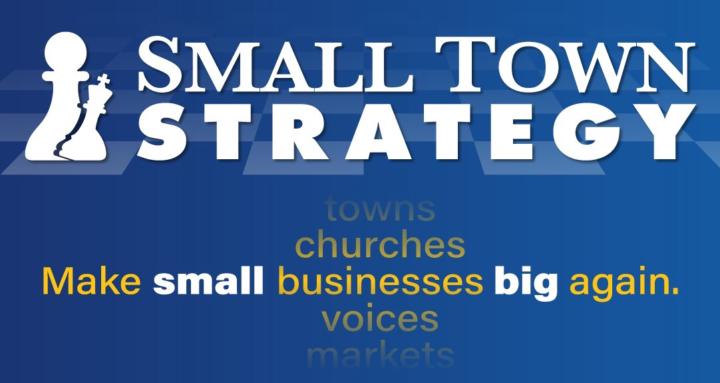Jul 17 • General discussion
Effectively Leveraging AI
AI seems to be pretty much everywhere, and in everything. I have noticed a lot of smaller businesses using it (so have you), and the fact that it is easy to notice is a pretty big problem.
A great many more established businesses are using AI as well, but in ways that are more polished and difficult to detect.
One of the more dangerous things for a small business about using AI without a plan is the unintended damage to their brand that occurs.
The subconscious mind of the viewer picks up on several things when a cookie-cutter style AI post scrolls through their feed, or past their window on a billboard:
1) “That looks like AI.” - Dangerous, because it takes precious seconds away from the time your message gets to be processed before your customer tunes it out and moves on.
2) “I suppose that company cannot afford a real designer.” - Dangerous, because it solidifies your organization in the viewer’s mind as second-rate, and therefore a lower tier among choices.
3) “I hate this AI stuff everywhere.” Dangerous, because it now attaches your brand to something which it is not actually involved with, the AI-issue in a general sense which is as likely to have a negative effect as a positive one. Just a chance not worth taking.
4) “That was made by a computer, and is not worth paying attention to.” Dangerous, because your message does not even get a chance to be communicated, simply due to the medium in which it was created.
All this brings us to a point of discouragement. Why bother, then? Is this just another example of The Little Guy being given the impression of power, only to get steamrolled by bigger spenders? Will AI turn out to be a waste of time and money?
If you utilize AI as a way to try to shortcut the process of real and thoughtful content creation, it certainly could (and likely will) be. If, however, you use AI as a tool to simply multiply whatever knowledge and skills you do possess, it can be a game-changer.
A quick example: If you are not an artist of any kind, using AI to create art is going to be counterproductive, because you do not have enough knowledge to even know that you lack the knowledge to properly prompt the tool, or to effectively critique what has been created in order to avoid pitfalls (of which there are many).
However, if you have a wealth of knowledge on a certain subject, but are not a strong writer, AI can take what you are able to produce and multiply its effectiveness, leaving you with the comparatively simple task of merely reading what it writes to ensure that the information (your strength) is correct.
While some may feel that AI has arrived to replace human creators, a quick examination of what it produces in an area where you have expertise should raise red flags about what it produces in areas where you lack expertise.
What are some ways you are using AI in a leveraging sense, to MULTIPLY your efforts or knowledge, as opposed to a substitutionary sense, to REPLACE effort or knowledge?
1
9 comments

skool.com/small-town-strategy
Branding, marketing, and growth strategies for small town organizations. Get real results with what works locally, no fluff.
Powered by


